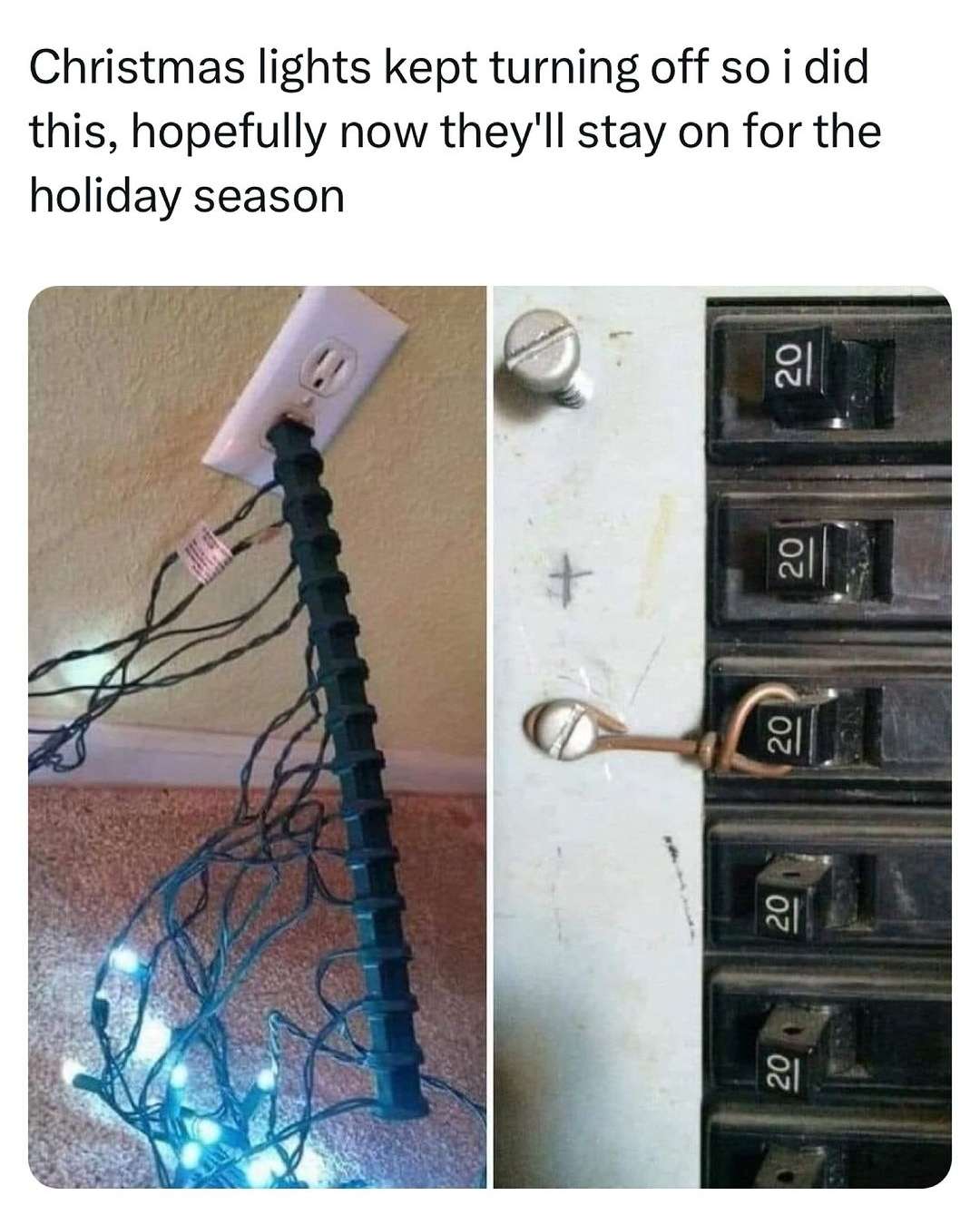this post was submitted on 21 Dec 2023
601 points (98.2% liked)
memes
10148 readers
1945 users here now
Community rules
1. Be civil
No trolling, bigotry or other insulting / annoying behaviour
2. No politics
This is non-politics community. For political memes please go to !politicalmemes@lemmy.world
3. No recent reposts
Check for reposts when posting a meme, you can only repost after 1 month
4. No bots
No bots without the express approval of the mods or the admins
5. No Spam/Ads
No advertisements or spam. This is an instance rule and the only way to live.
Sister communities
- !tenforward@lemmy.world : Star Trek memes, chat and shitposts
- !lemmyshitpost@lemmy.world : Lemmy Shitposts, anything and everything goes.
- !linuxmemes@lemmy.world : Linux themed memes
- !comicstrips@lemmy.world : for those who love comic stories.
founded 1 year ago
MODERATORS
you are viewing a single comment's thread
view the rest of the comments
view the rest of the comments

Actually, many houses are built this way. My house has 15A receptacles on 20A circuits. I don't agree with it. The breaker should always be the weakest point. But the NEC (section 210.21) allows you to put 15A receptacles on 20A circuits as long as you use a duplex receptacle OR there are multiple simplex receptacles on the circuit.
This kind of thing is why code requires washing machines to have their own dedicated circuits, but you always find a duplex receptacle where the washing machine goes. It's not for your convenience. It's the most cost-effective way to pass code.
As long as the wiring is good for 20A it's fine. Also if you break open a 15A recepticle a lot of them have the 20A contacts in there as well since it's the same unit just with a different face.
Yeah, I wonder if anyone makes a UL listed 15A receptacle that don’t have a safety factor well over 20A.
What it really comes down to though, is as long as code allows it, your ok.